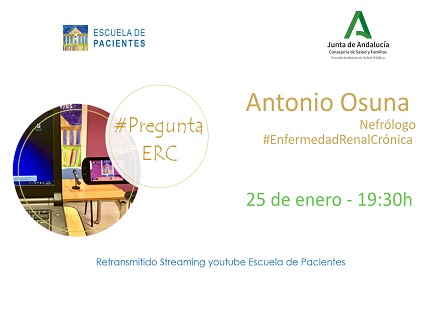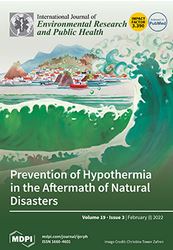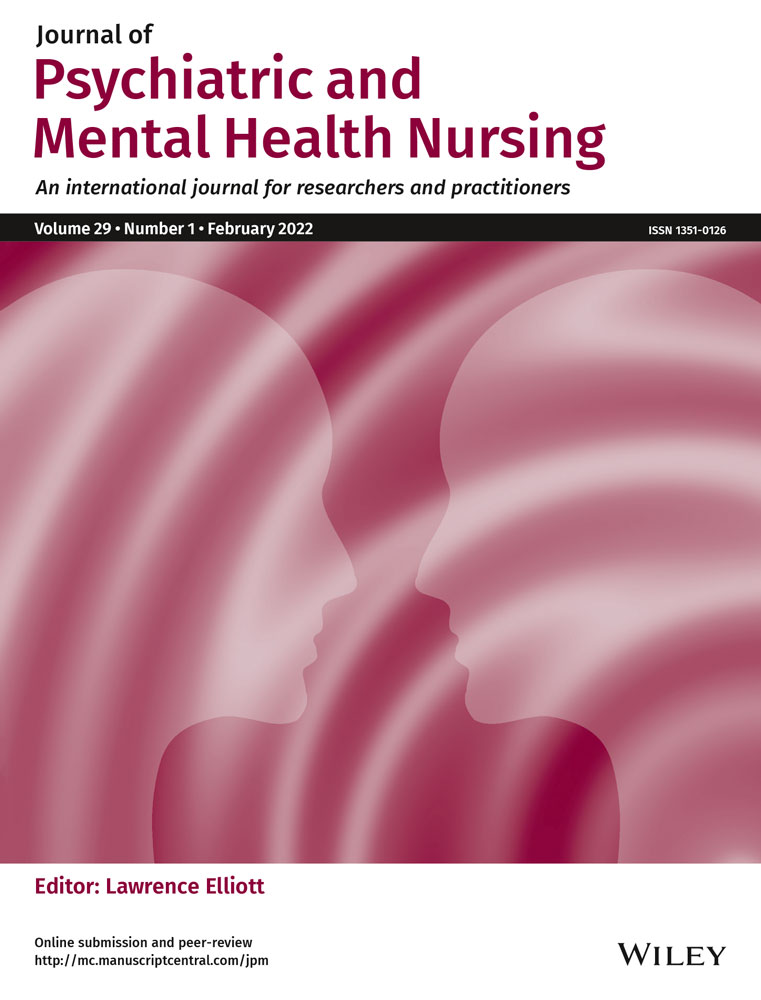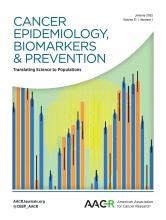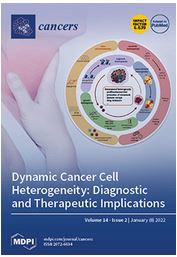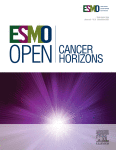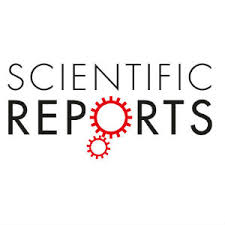Caregiving and Caregiver Health 1 Year into the COVID-19 Pandemic (CUIDAR-SE Study): A Gender Analysis
The COVID-19 pandemic has highlighted the importance of informal care and shown that women continue to shoulder the brunt of responsibilities in this area. In this study, we analyzed differences in caregiving and self-perceived health in a group of informal male and female caregivers 1 year into the COVID-19 pandemic. We performed a cross-sectional survey…
Factors associated with prolonged episodes of mechanical restraint in mental health hospitalisation units in Andalusia
Introduction Factors associated with prolonged episodes of mechanical restraint and other coercive interventions are not clearly established and have been not studied in Andalusia (Spain). Aim To study factors associated with prolonged episodes of mechanical restraint. Method We analysed retrospectively episodes of mechanical restraint (N=6267, prolonged episode >9.5 hours) in all public mental health hospitalisation…
Circulating Sex Hormone Levels and Colon Cancer Risk in Men: A Nested Case-Control Study and Meta-analysis
Background: Endogenous sex hormones may contribute to higher colorectal cancer incidence rates in men compared to women, but despite an increased number of studies, clear evidence is lacking. Methods: We conducted a comprehensive nested case-control study of circulating concentrations of sex hormones, sex hormone precursors and sex hormone binding globulin (SHBG) in relation to subsequent…
he prevalence of intimate partner violence against women with disabilities: a systematic review of the literature
Purpose Although systematic reviews have already been conducted on violence and disability, the evidence is not conclusive in Intimate Partner Violence (IPV). This study examined the prevalence of IPV in women with disabilities, taking account of the different types of violence and disability. Methods We performed a search in five databases. We included observational studies…
Socio-Economic Inequalities in Lung Cancer Outcomes: An Overview of Systematic Reviews
In the past decade, evidence has accumulated about socio-economic inequalities in very diverse lung cancer outcomes. To better understand the global effects of socio-economic factors in lung cancer, we conducted an overview of systematic reviews. Four databases were searched for systematic reviews reporting on the relationship between measures of socio-economic status (SES) (individual or area-based)…
Prospective evaluation of 92 serum protein biomarkers for early detection of ovarian cancer
Background CA125 is the best available yet insufficiently sensitive biomarker for early detection of ovarian cancer. There is a need to identify novel biomarkers, which individually or in combination with CA125 can achieve adequate sensitivity and specificity for the detection of earlier-stage ovarian cancer. Methods In the European Prospective Investigation into Cancer and Nutrition (EPIC)…
Cardiovascular diseases among diffuse large B-cell lymphoma long-term survivors in Asia: a multistate model study
Background We modeled the clinical course of a cohort of diffuse large B-cell lymphoma (DLBCL) patients with no prior cardiovascular diseases (CVDs) using a multistate modeling framework. Patients and methods Data on 2600 patients with DLBCL diagnosed between 2000 and 2018 and had received chemotherapy with or without radiotherapy were obtained from a population-wide electronic…
Does Postural Feedback Reduce Musculoskeletal Risk?: A Randomized Controlled Trial
Background: There is a high prevalence of musculoskeletal disorders among personnel working in the healthcare sector, mainly among nursing assistants and orderlies. Objective: The objective is to analyze the effectiveness of a multi-component intervention that included postural feedback in reducing musculoskeletal risk. Method: A total of 24 nursing assistants and orderlies in a hospital setting…
Incidence of myeloid neoplasms in Spain (2002–2013): a population-based study of the Spanish network of cancer registries
Comprehensive population-based data on myeloid neoplasms (MNs) are limited, mainly because some subtypes were not recognized as hematological cancers prior to the WHO publication in 2001, and others are too rare to allow robust estimates within regional studies. Herein, we provide incidence data of the whole spectrum of MNs in Spain during 2002–2013 using harmonized…



